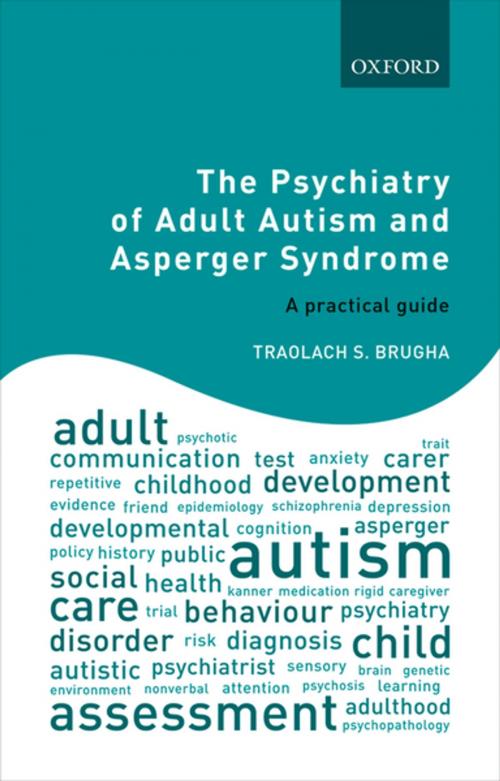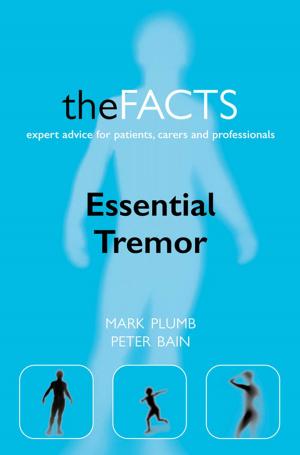The Psychiatry of Adult Autism and Asperger Syndrome
A practical guide
Nonfiction, Health & Well Being, Medical, Specialties, Psychiatry| Author: | Traolach S. Brugha | ISBN: | 9780192516305 |
| Publisher: | OUP Oxford | Publication: | January 12, 2018 |
| Imprint: | OUP Oxford | Language: | English |
| Author: | Traolach S. Brugha |
| ISBN: | 9780192516305 |
| Publisher: | OUP Oxford |
| Publication: | January 12, 2018 |
| Imprint: | OUP Oxford |
| Language: | English |
Autism, including Asperger syndrome, is a strongly heritable condition that can usually be diagnosed in children by the age of two or three years. Although autism is more common in the less intellectually able child, in the more able child the condition is often overlooked until adulthood. Epidemiological research has shown that most adults in the general population meeting the criteria for autism are unrecognized and undiagnosed. There is a growing pressure on psychiatrists to be able to recognize autism and to consider its effects on their adult patients, particularly when they are also showing signs of another mental disorder, such as psychosis, personality disorder, or chronic depression. The Psychiatry of Adult Autism and Asperger Syndrome: A practical guide introduces adult psychiatrists, including sub-specialist psychiatrists, to autism and Asperger syndrome. It covers recognition and diagnosis and the psychiatrist's role in treating patients with co-morbid mental disorder whilst taking account of the autism component. It explores the process of sign-posting patients with autism to appropriate care and support as family involvement diminishes or ceases. While there are a number of books written on how to cope with autism as an adult, The Psychiatry of Adult Autism and Asperger Syndrome: A practical guide is aimed at the practising adult psychiatrist. The book describes normal and pathological functioning and then guides the reader through assessment and post diagnostic intervention issues. The use of fictionalized clinical examples helps to illustrate autism and its presentation in adulthood, and illustrate the issues psychiatrists often raise in training workshops.
Autism, including Asperger syndrome, is a strongly heritable condition that can usually be diagnosed in children by the age of two or three years. Although autism is more common in the less intellectually able child, in the more able child the condition is often overlooked until adulthood. Epidemiological research has shown that most adults in the general population meeting the criteria for autism are unrecognized and undiagnosed. There is a growing pressure on psychiatrists to be able to recognize autism and to consider its effects on their adult patients, particularly when they are also showing signs of another mental disorder, such as psychosis, personality disorder, or chronic depression. The Psychiatry of Adult Autism and Asperger Syndrome: A practical guide introduces adult psychiatrists, including sub-specialist psychiatrists, to autism and Asperger syndrome. It covers recognition and diagnosis and the psychiatrist's role in treating patients with co-morbid mental disorder whilst taking account of the autism component. It explores the process of sign-posting patients with autism to appropriate care and support as family involvement diminishes or ceases. While there are a number of books written on how to cope with autism as an adult, The Psychiatry of Adult Autism and Asperger Syndrome: A practical guide is aimed at the practising adult psychiatrist. The book describes normal and pathological functioning and then guides the reader through assessment and post diagnostic intervention issues. The use of fictionalized clinical examples helps to illustrate autism and its presentation in adulthood, and illustrate the issues psychiatrists often raise in training workshops.















